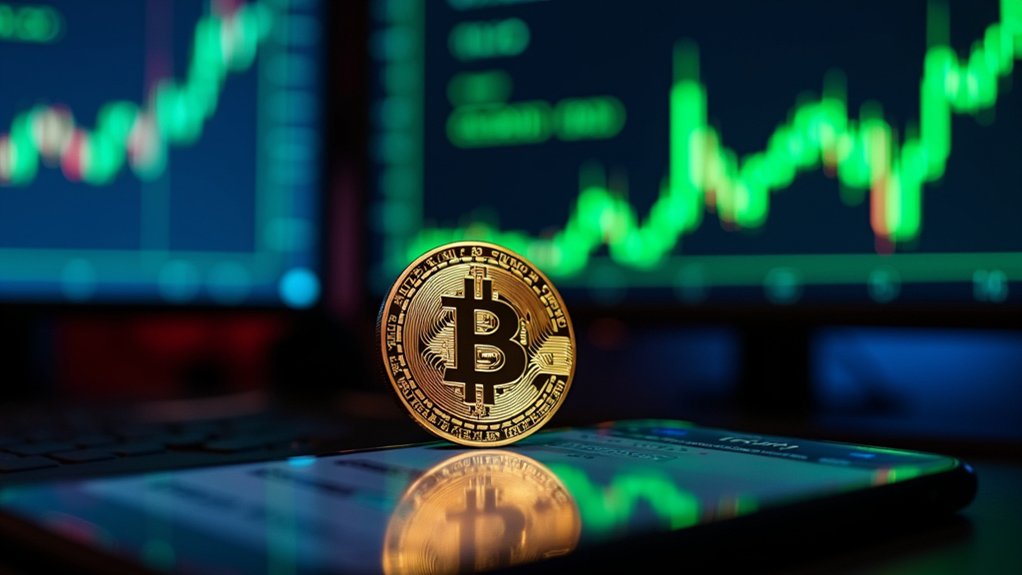Nearly every prediction made on Polymarket turns out to be correct. Data scientist Alex McCullough’s research shows these prediction markets boast a 90% accuracy rate one month before events resolve. That’s impressive. The numbers get even better as deadlines approach—reaching a stunning 94.2% accuracy just four hours before markets close.
Prediction markets don’t lie. With 94.2% accuracy near closing, Polymarket proves people bet smarter when money’s on the line.
Polymarket works because it harnesses collective intelligence. People put their money where their mouth is. No empty opinions here. Just cold, hard cash backing beliefs. Sports betting on the platform has generated nearly $4.5 billion in total volume across major events like NBA finals and Premier League matches.
But it’s not perfect. McCullough’s analysis, using a Dune dashboard to track performance, revealed some flaws. The platform slightly overestimates probabilities. There’s also potential for manipulation—a single foreign entity reportedly placed $30 million in bets. That’s enough to move markets.
Herd mentality affects outcomes too. When everyone jumps on a prediction bandwagon, prices shift regardless of reality. Low liquidity in some markets doesn’t help either. Polymarket has also shown extreme probability values were removed for more accurate assessment of its performance. Neither does acquiescence bias, where users lean toward confirming existing trends.
Legally, it’s a mess. Polymarket got slapped with a $1.4 million fine in 2022 after a CFTC settlement. U.S. citizens are banned from trading. But let’s be real—plenty use VPNs and offshore accounts to circumvent these restrictions. You need cryptocurrency to even fund an account.
Compared to traditional methods, though? Polymarket often outperforms the so-called experts. Traditional pollsters get things wrong all the time. Prediction markets provide real-time updates as events unfold, not static snapshots from days ago. However, recent election analyses show Polymarket scored lower than both FiveThirtyEight and Metaculus due to its right-leaning bias.
The research from Iowa Electronic Markets backs this up. Financial incentives create thoughtful predictions. When people stand to lose money, they do their homework.





